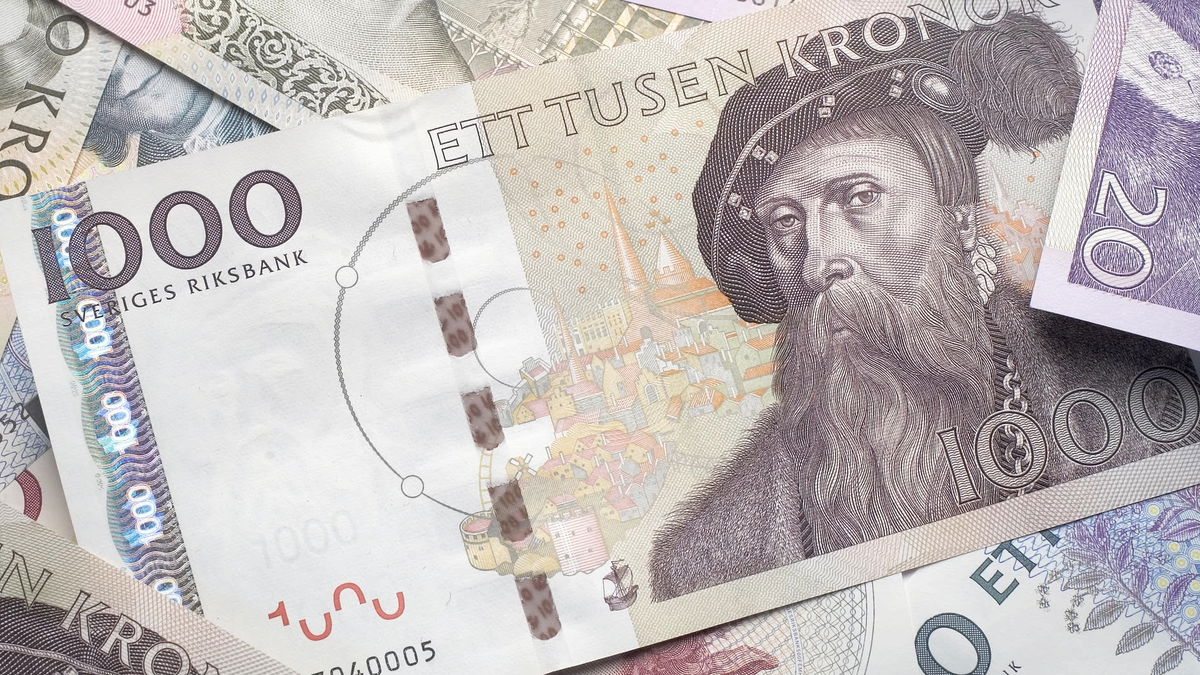SWEDISH KRONA: Population prefers cards to cash
Photo credit: Flickr/Swedish Media
A former deputy governor of the Swedish Central Bank, Martin Floden, stated in 2018 that the country would no longer be using cash by 2025.
With only one in 10 purchases now paid for in cash, it looks as though Floden’s prediction was correct as payment by card is now widespread, together with the mobile payment system Swish that was introduced by six banks in 2021.
Nevertheless, a report from the Central Bank published on March 10 commented that the digitalisation of payment systems has made payments smoother and safer, but had also created challenges owing to “increased technical vulnerability.” Digitalisation had also made it more difficult for some people to pay, the Bank pointed out.
Most Read on Euro Weekly News
Little cash in circulation
The report also revealed that the percentage of the gross domestic product (GDP) currently in circulation in Sweden and Norway was the lowest in the world.
Nevertheless, this picture could be about to change – albeit gradually – owing to the population’s apprehensions regarding the situation in Ukraine, a new sense of insecurity regarding the US and growing fear not only Russia but also of possible cyberattacks.
The Central Bank put its finger on these same concerns, commenting that “individual actors have been exposed to cyberattacks and disruptions, and the geopolitical situation means that the risk of new attacks is significant.”
Public and private entities should accept cash
In November 2024, the Swedish Civil Contingencies Agency (MSB) sent a brochure to all households with advice on the steps to follow in a crisis or a war situation. This included the recommendations that families should having enough cash on hand to cover basic needs “for at least a week.”
The following December, the Swedish government set out the conclusions of an investigation which suggested that public and private bodies should be obliged to accept cash, a recommendation that the Central Bank said should be put into operation.
The latest Central Bank report commenting on the scant use of cash also stressed that it was essential to “strengthen preparedness”, emphasising that the safety and accessibility of cash were as important as the efficiency of non-cash payments.
